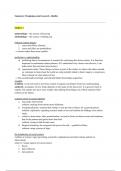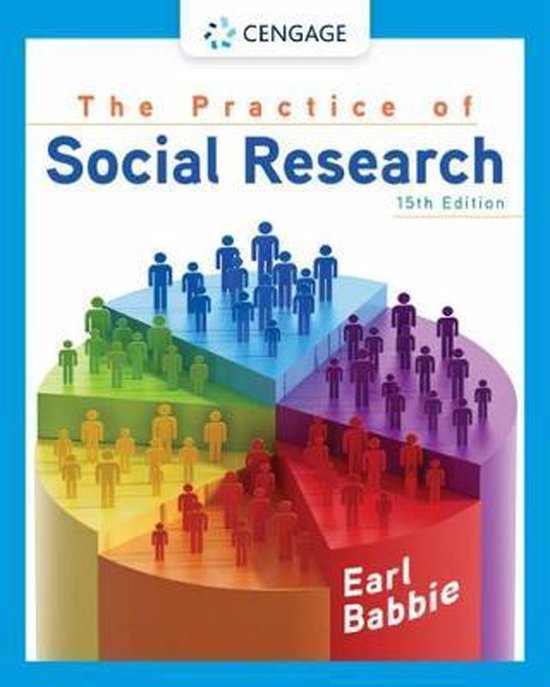Samenvatting
Samenvatting The Practice of Social Research (Babbie - 14th edition) - Designing Social Research (ESSB-SBC1060)
- Instelling
- Erasmus Universiteit Rotterdam (EUR)
This is a summary of the Book 'The Practice of Social Research' by Babbie (14th edition). It is extensively discussed during the course Designing social research.
[Meer zien]





